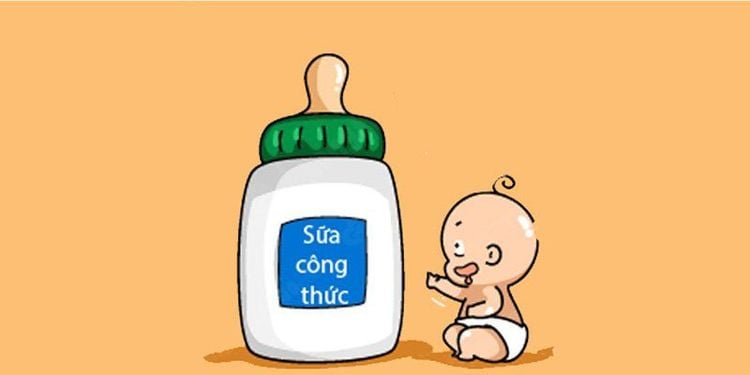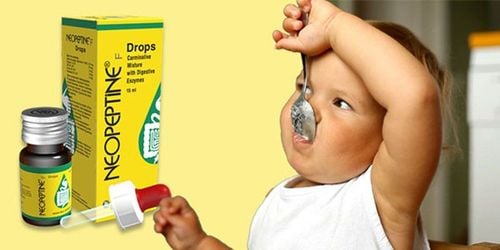This is an automatically translated article.
The article was consulted with Master, Doctor Ngo Thi Oanh - Pediatrician - Department of Pediatrics - Neonatology - Vinmec Ha Long International General Hospital.Kwashiorkor is a condition in which a child is malnourished, but when his weight is 60-80%, even though he has edema. This form of malnutrition is common in children over 1 year old, especially at the age of 1-3 years. Children with edematous malnutrition often have edema from the feet to the eyes, and may have generalized edema. On the baby's skin, brown pigment spots appear, which gradually peel off, leading to easy sores and infections. The edematous malnourished form is less common than the emaciated form and is mainly caused by a poor protein diet.
1. Manifestations of edematous malnutrition
Children with edematous malnutrition often have a round face which is a sign of edema, however, their limbs are thin, their muscle tone is weak, and their skin shows signs of pigmentation disorders. Children have manifestations of anemia, hepatomegaly, fatty degeneration, edema, and hypoproteinemia.Then when the condition worsens, the child will have more signs of edema of the face, eyelids, eyes and limbs, edema of the whole body, peritoneal effusion, and testicular membranes in boys. Depending on the degree of malnutrition, children's eyes are also edematous, bones, liver, heart, intestines, pancreas, brain and teeth all have signs of edema affected.
Initially, the symptoms may not be too serious, but if not treated in time, but let the condition persist, the mortality rate will be quite high and the ability to treat is very difficult.
2. Causes of edematous malnutrition in children

Nguyên nhân đầu tiên được nhắc đến gây ra suy dinh dưỡng thể phù ở trẻ là tình trạng không nuôi con bằng sữa mẹ
Some other causes such as:
Children suffering from genetic diseases or neonatal infections, combined with a lack of nutrients, unreasonable Children whose diets are not provided with adequate protein Using milk that is not suitable for the child's condition.
3. How to prevent edematous malnutrition?
To prevent malnutrition for children, children need to be cared for properly from the time they are in the womb. During pregnancy, the mother needs to be cared for, fed, well-nourished, and regularly monitored for the growth of the fetus.At the time of birth, babies need to be exclusively breastfed for the first 6 months. This is the most effective way to prevent malnutrition, but not all mothers know and often ignore it and wean their children early or do not breastfeed. Babies need to be breastfed until 2 years of age. Besides, after 6 months, it is necessary to combine with nutritious foods for comprehensive development. Parents should pay attention not to give children under 12 months of full cream milk powder because this milk has a lot of protein but can easily damage the intestinal lining causing digestive disorders, anorexia,...

Trẻ cần được nuôi bằng sữa mẹ hoàn toàn trong 6 tháng đầu để phòng ngừa suy dinh dưỡng
For the case where the mother does not have milk to feed her baby or has little milk, it is necessary to give the child more cow's milk, soy milk, absolutely not only give the child additional porridge to feed the child.
Parents need to regularly monitor the child's weight, pay attention to the signs on the child's body to detect abnormalities and go to the doctor in time.
Periodic health check for children is an effective way to prevent malnutrition and ensure a good condition for children to develop. In addition, to prevent and improve malnutrition in children, parents should supplement with supporting products containing lysine, essential micro-minerals and vitamins such as zinc, chromium, selenium, group vitamins. B helps to fully meet the nutritional needs of the baby. At the same time, these essential vitamins also support digestion, enhance nutrient absorption, help improve anorexia, and help children eat well. Parents can also apply dietary supplements and functional foods derived from nature for easy absorption by the baby. The most important thing is that the improvement of the baby's symptoms must take place over the long term. Combining many types of functional foods at the same time or changing many types in a short time can make the baby's digestive system unable to adapt and completely not good. Therefore, parents must be really persistent with their children and regularly visit the website vimec.com to update useful baby care information.













